Yawning is a fascinating conundrum that has intrigued clinical researchers, neuroscientists, and philosophers for centuries. Researchers are largely in agreement on the localisation of the process of yawning in the paraventricular nucleus of the hypothalamus and the brainstem, important regions of the brain known to regulate our body temperature and circadian rhythms, and are vital to our functioning.
However, agreement is yet to be reached on which neuro-chemicals are fundamental to yawning, albeit a number of neurotransmitters have been identified that may be associated.
Recently, the Thompson Cortisol Hypothesis has proposed that the incidence of yawning is associated with rise in cortisol levels. It suggests that cortisol is a trigger for the yawn reflex or is an artefact that may protect the yawner. It is still unclear how this mechanism may work within the Hypothalamus-Pituitary-Adrenal axis but is likely to work within the hypothalamus temperature regulation theories such as those proposed by Dr Andrew Gallup in the United States.
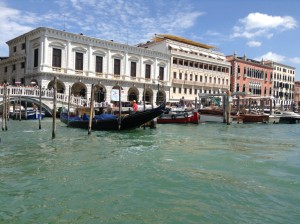
Stress and fatigue are known to cause elevations in cortisol which is an essential component of the stress response and immune system regulation and consequently is sensitive to the impact of neurological disorders such as Multiple Sclerosis.
“Nerve impulses, cortisol levels, and yawning as a potential predictor of neurological impairment” was presented at the recent International Conference for Academic Disciplines at the Universita’ Ca’ Foscari Di Venezia, Venice, Italy, 30 June to 3 July 2014. This described the four years of research I have been conducting at Bournemouth University into yawning.
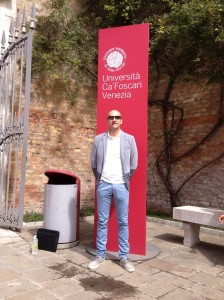 It was exciting to meet interested researchers and to exchange ideas on this common but little understood phenomenon. I was also surprised and delighted to receive the Certificate of Merit for “Outstanding Research and Presentation” which just added to the outstanding beauty of the conference location in Venice.
It was exciting to meet interested researchers and to exchange ideas on this common but little understood phenomenon. I was also surprised and delighted to receive the Certificate of Merit for “Outstanding Research and Presentation” which just added to the outstanding beauty of the conference location in Venice.


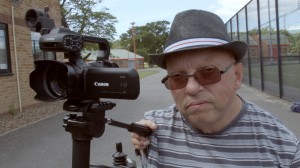
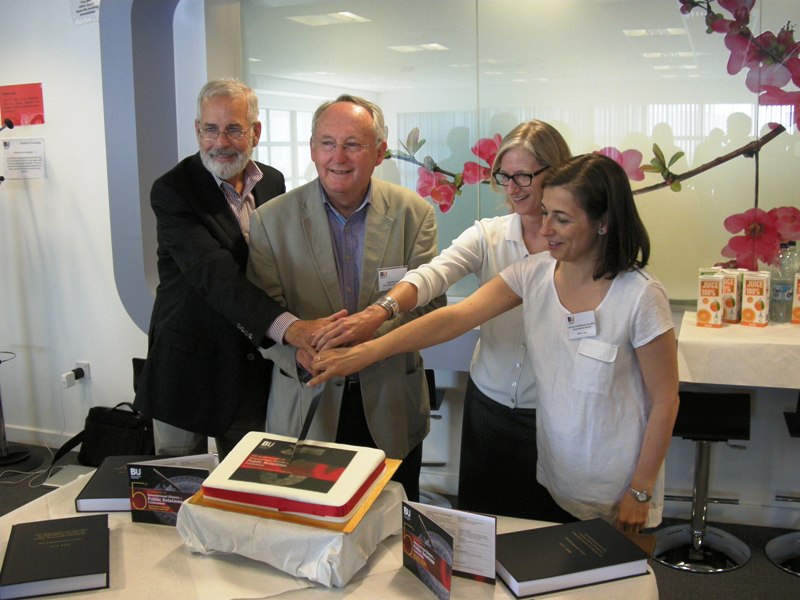
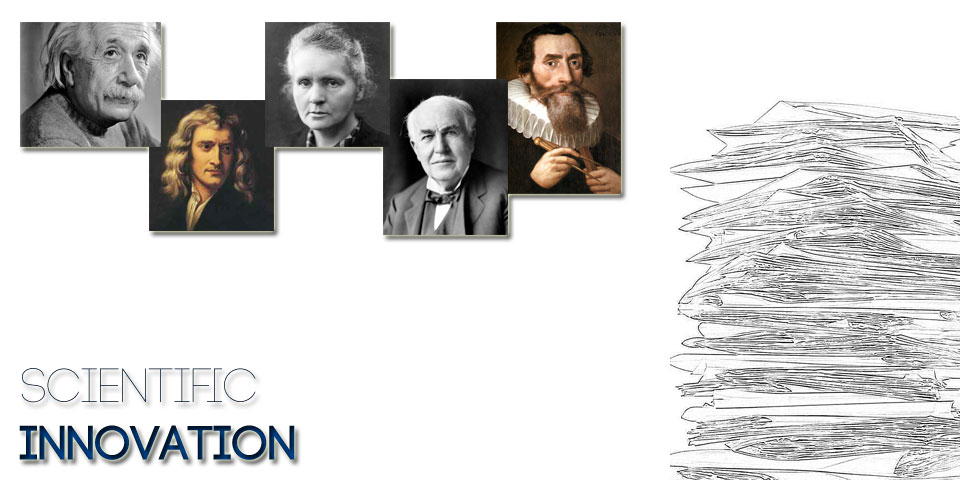





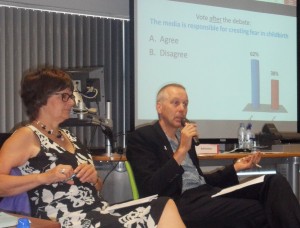

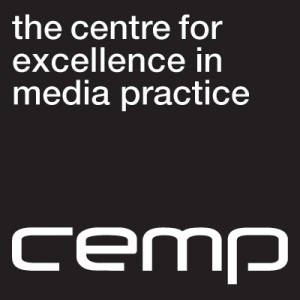
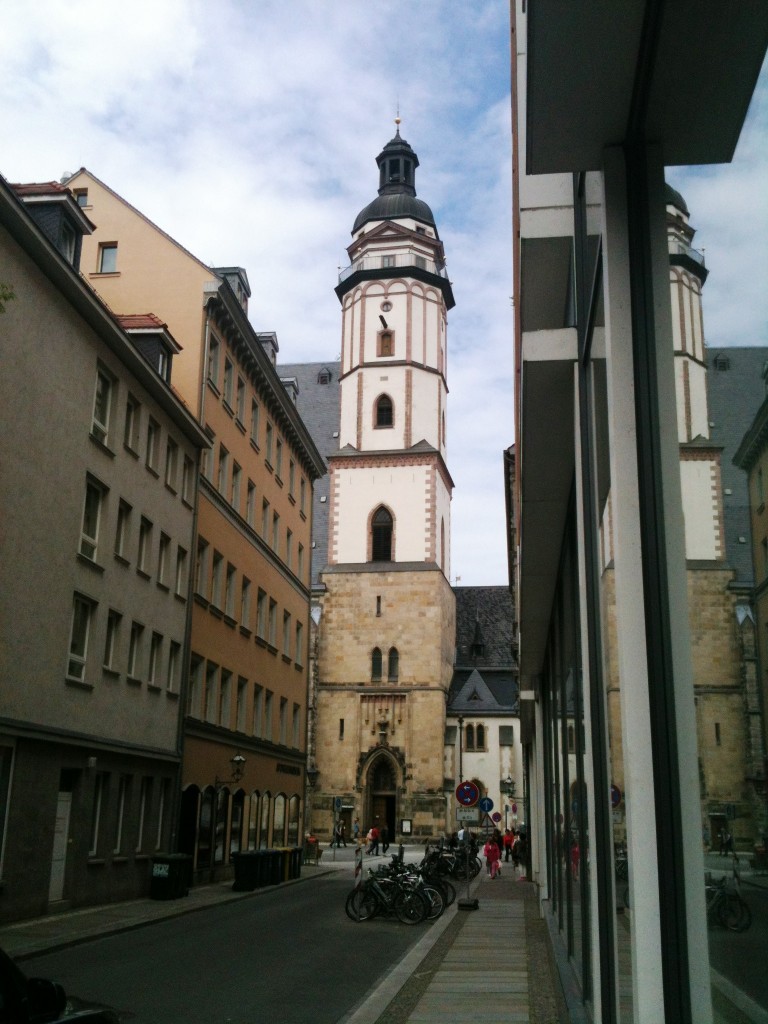
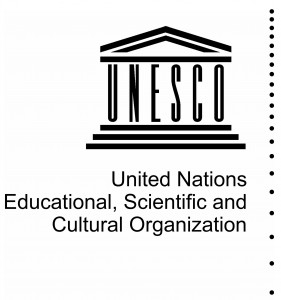
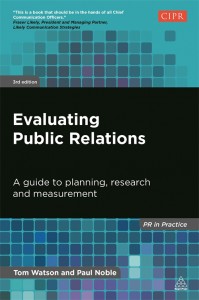
 Wordcamp 2014 Bournemouth
Wordcamp 2014 Bournemouth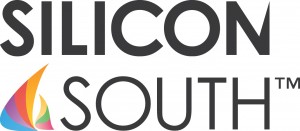
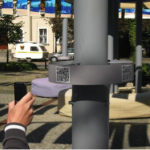

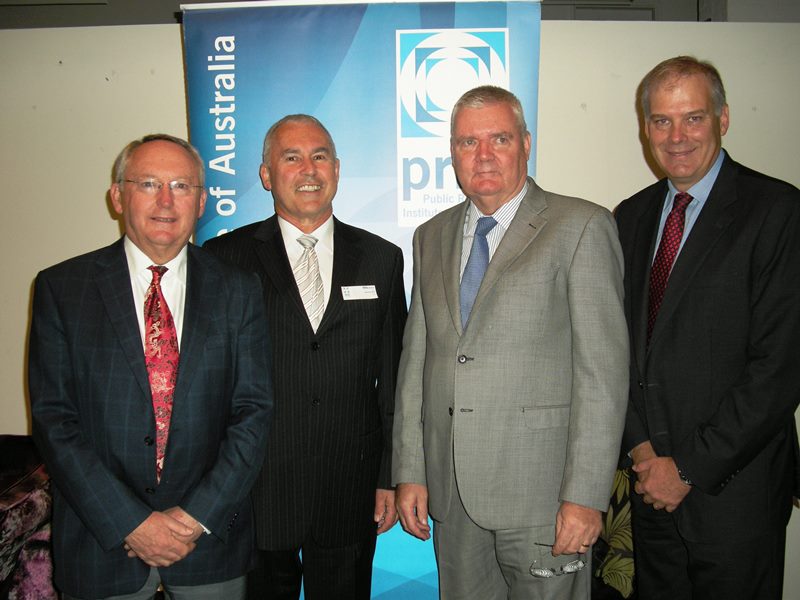
 Last week colleagues from BU’s
Last week colleagues from BU’s 
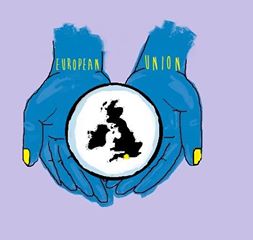
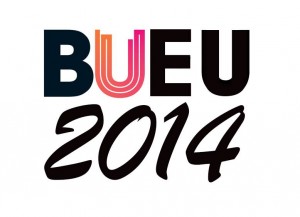











 Fourth INRC Symposium: From Clinical Applications to Neuro-Inspired Computation
Fourth INRC Symposium: From Clinical Applications to Neuro-Inspired Computation Writing policy briefs
Writing policy briefs Upholding Excellence: The Concordat to Support Research Integrity
Upholding Excellence: The Concordat to Support Research Integrity Today’s Documentation Will Serve Tomorrow’s Justice
Today’s Documentation Will Serve Tomorrow’s Justice ECR Funding Open Call: Research Culture & Community Grant – Application Deadline Friday 12 December
ECR Funding Open Call: Research Culture & Community Grant – Application Deadline Friday 12 December MSCA Postdoctoral Fellowships 2025 Call
MSCA Postdoctoral Fellowships 2025 Call ERC Advanced Grant 2025 Webinar
ERC Advanced Grant 2025 Webinar Horizon Europe Work Programme 2025 Published
Horizon Europe Work Programme 2025 Published Horizon Europe 2025 Work Programme pre-Published
Horizon Europe 2025 Work Programme pre-Published Update on UKRO services
Update on UKRO services European research project exploring use of ‘virtual twins’ to better manage metabolic associated fatty liver disease
European research project exploring use of ‘virtual twins’ to better manage metabolic associated fatty liver disease